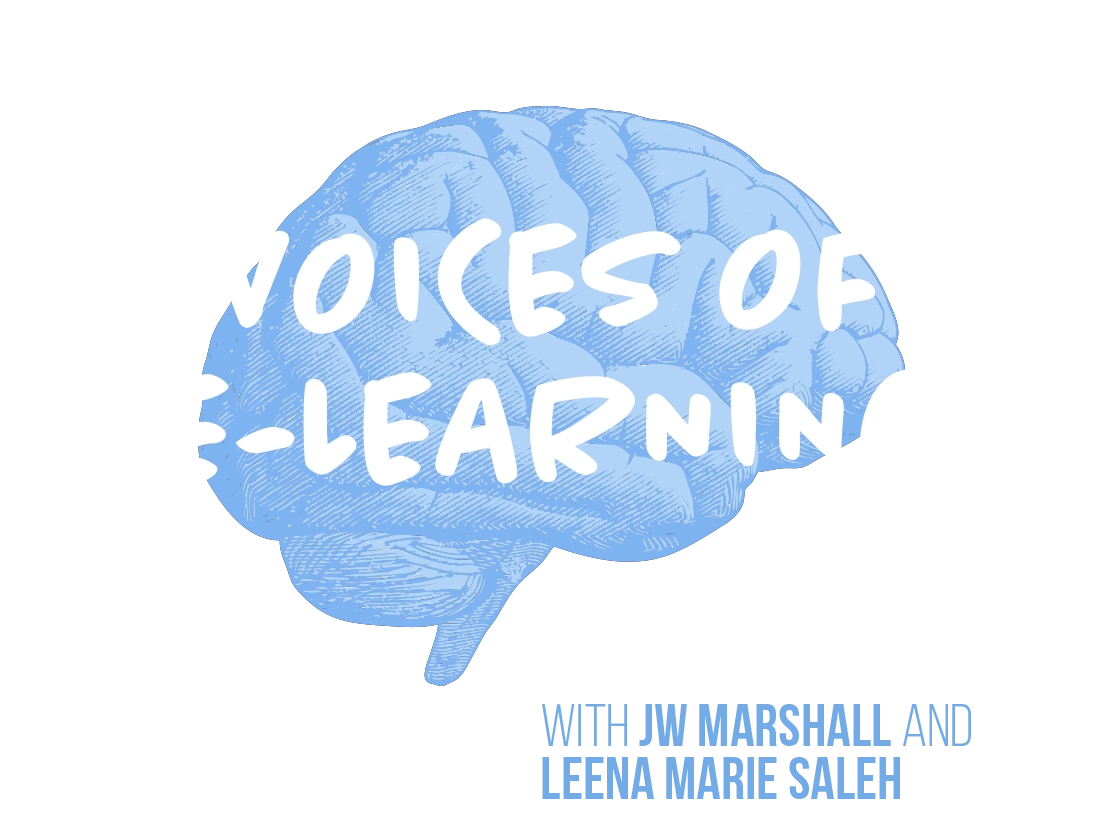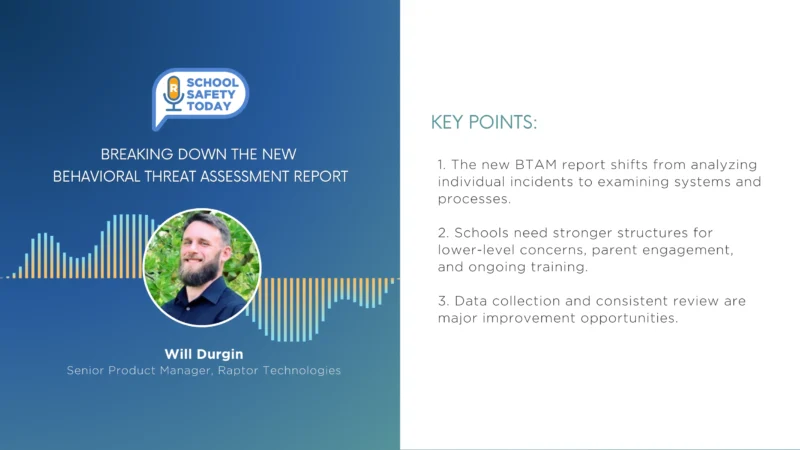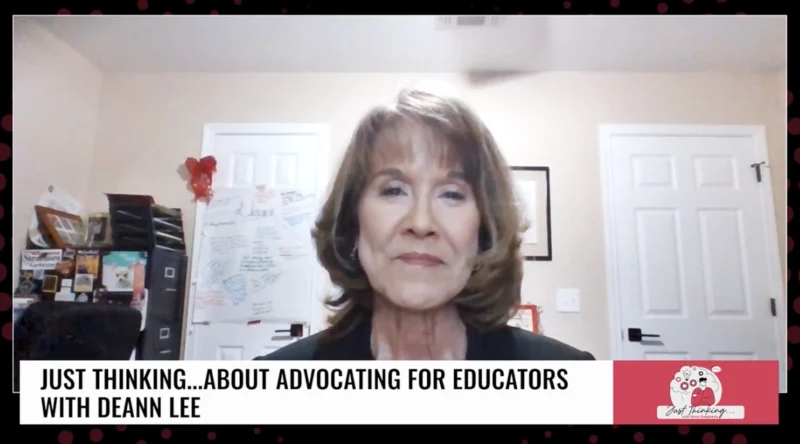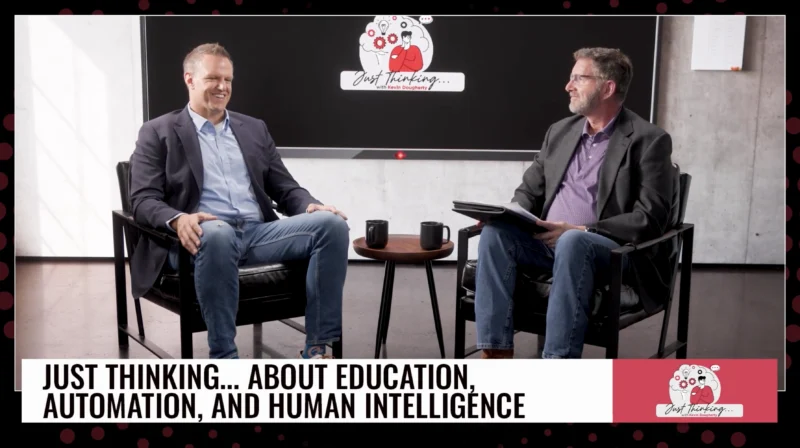Move Over Metaverse, Eduverse Is the Future for Education
Education is arguably the most unified industry out there since all educators have the same goal, which is the desire to impact the next generation. Unlike others, they’re not looking for fame, money or notoriety, and Vriti Saraf, CEO and founder of k20 Educators (k20), wants to empower educators around the world by breaking down common barriers. Saraf joined co-host of Voices of E-Learning, Leena Marie Saleh, to discuss how k20 is working to connect those in education.
Founded in January of this year, k20 started as a social network for educators. However, Saraf wanted their learning experiences to become more efficacious, so they quickly began incorporating engagements like mastermind and social events and think tanks. This bridges an educator’s expertise with the opportunity to learn about other specialties.
With AI permeating every industry, Saraf encourages educators to leverage technology to widen their impact and help lighten the load. “We need to see this technology as something that will enhance our experience.” While many may be afraid that it will move the classroom further from the student, Saraf believes AI will help curate experiences. For instance, k20 utilizes profiles that educators set up and pair them with other educators, even on the opposite side of the world, with similar interests.
Another exciting development is k20’s take on Metaverse: Eduverse. This will involve integrating social media, professional learning libraries and projects. As a true leader in the industry, k20 doesn’t plan on slowing down anytime soon. in the next year and a half, they are developing an immersive environment that’s avatar based to engage educators even further.
The ultimate goal Saraf wants k20 to accomplish is to enable a complete revolution of the industry where educators can collaborate to not just discuss their woes or network, but also ways to create positive change — like moving away from standardized tests as a measurement of success to a more holistic view of the student experience.




